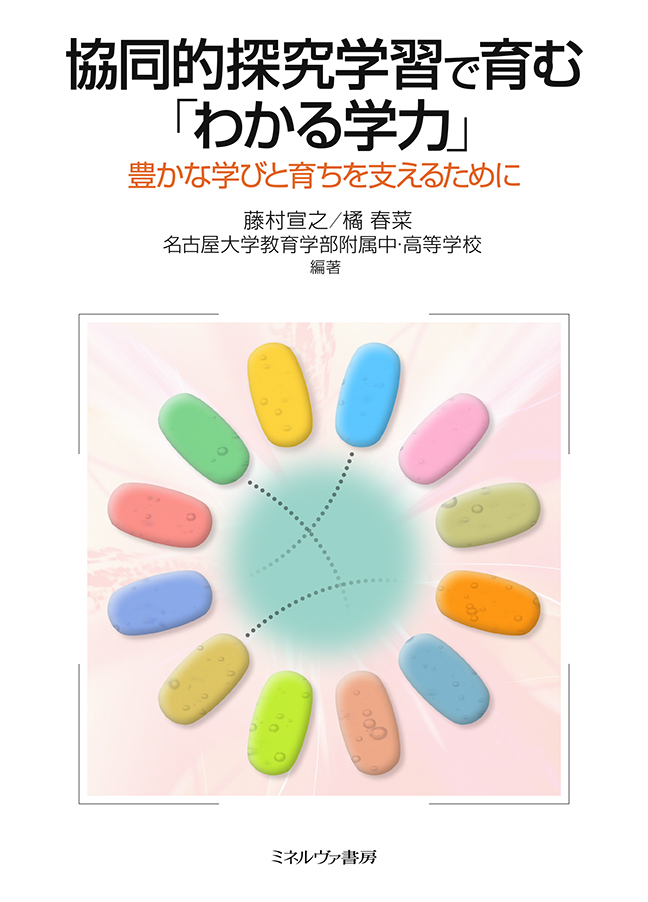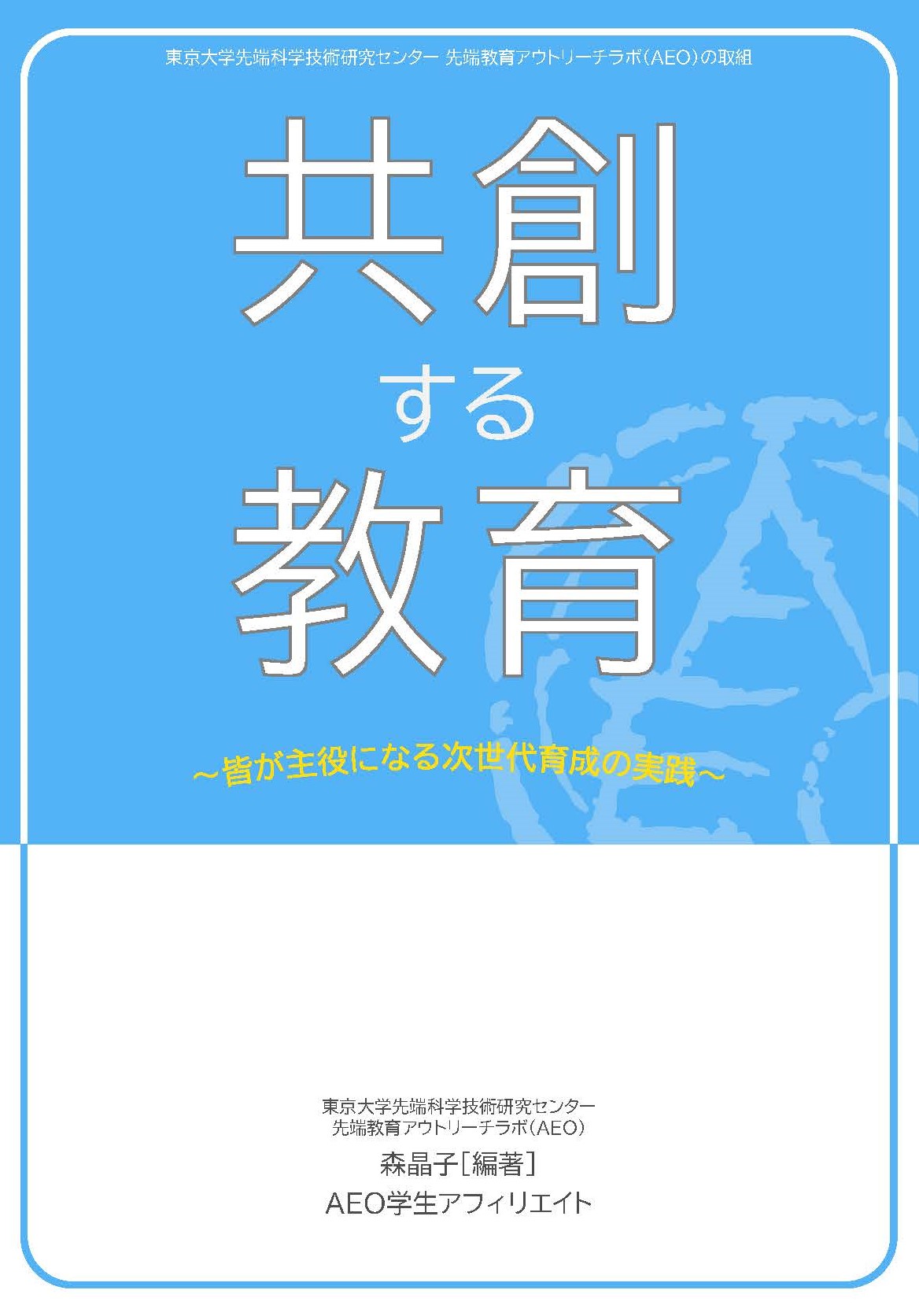
Title
Kyodoteki-Tankyugakushu de hagukumu ‘wakaru gakuryoku’ (How Collaborative Inquiry Learning Facilitates Students’ Deep Conceptual Understanding - Processes of Learning and its Effects on Students’ Development)
Size
240 pages, A5 format
Language
Japanese
Released
March 10, 2018
ISBN
9784623082735
Published by
Minerva Shobo
Book Info
See Book Availability at Library
Japanese Page
We are heading into a society in which: 1. We will need to carry out non-routine problem solving for which there is no single right method, applying a variety of knowledge. 2. It will become necessary to apply a variety of knowledge in order to fully comprehend the essence of things. 3. In carrying out such non-routine problem solving in gaining essential understanding of various things, it will become increasingly important to work not only alone but especially in collaboration with others. When realized, this is called “deep conceptual understanding.” On the other hand, the application of specific knowledge and skill to conduct routine problem solving that may be found in most existing textbooks is known as “procedural knowledge and skills.” Japanese children and students have been found in international comparative studies to perform extremely well regarding procedural knowledge and skills, but are relatively weak when it comes to deep conceptual understanding.
Employing the concepts and methodology of educational and developmental psychology, this book elucidates how we can boost the deep conceptual understanding that is coming to be required. As an effective way of reaching this end, we use as a model, “collaborative inquiry learning,” a kind of learning that emphasizes both individual inquiry and collaboration with others when approaching non-routine problems (Part I: Basic Concepts). Furthermore, we also include examples of classes in middle and high school conducted in subjects like Japanese, mathematics and science, that were based on the collaborative inquiry learning method. Psychological analysis is applied to students to understand whether their deep conceptual understanding was boosted, and if so, why? The book also examines whether collaborative inquiry learning might contribute towards transforming society and human relations, through processes of mutual and equal acknowledgement of diverse ideas among students in their formation of views of learning (views of learning based on understanding and thinking) that emphasize the nurturing of each student’s feelings of self-approval, understanding, thinking, and collaboration with others (Part II: Practice).
What makes this book unique is that we use the knowledge and methodology of psychology in proposing paths towards solutions to contemporary problems in school education, verifying our results by defining and applying those solutions in continuous ongoing practical collaborative research with the middle school and high school teachers who confront these issues first hand. It is an attempt to provide one approach in identifying problems faced by our modern society, conducting research that strives towards solutions in collaboration with those directly engaging with the problems, and presenting findings and challenges from the research in an academic format. In the competitive world of recent years where it is easy to lose confidence in oneself and difficult to build meaningful relationships with others, we hope our work provides at least one perspective from the fields of education and psychology, that looks at how we might create an environment in which people have regard for diverse values as well as one another, in a society in which everyone also retains their own self-respect.
(Written by FUJIMURA Nobuyuki, Professor, Graduate School of Education / 2022)



 Find a book
Find a book


